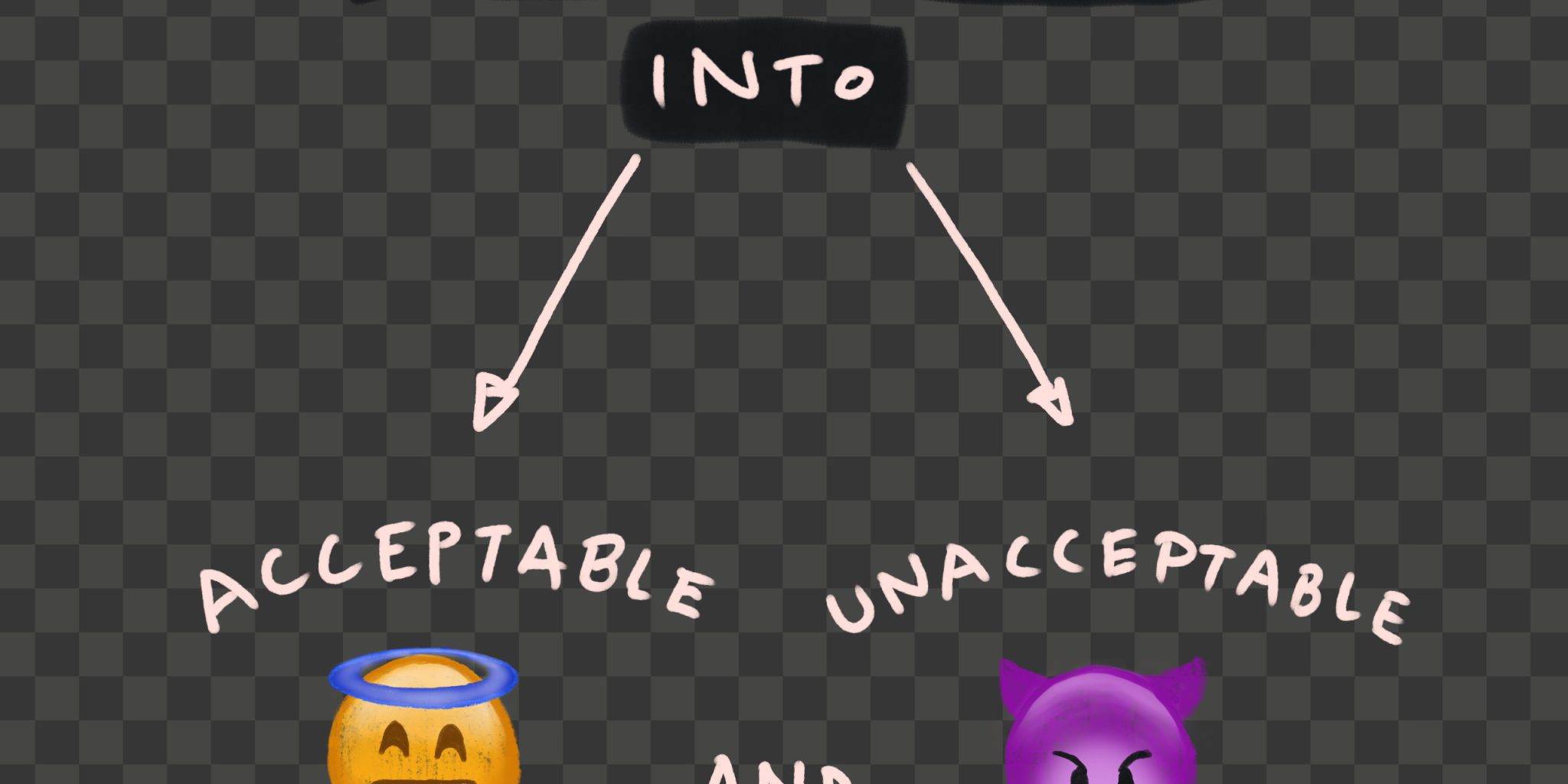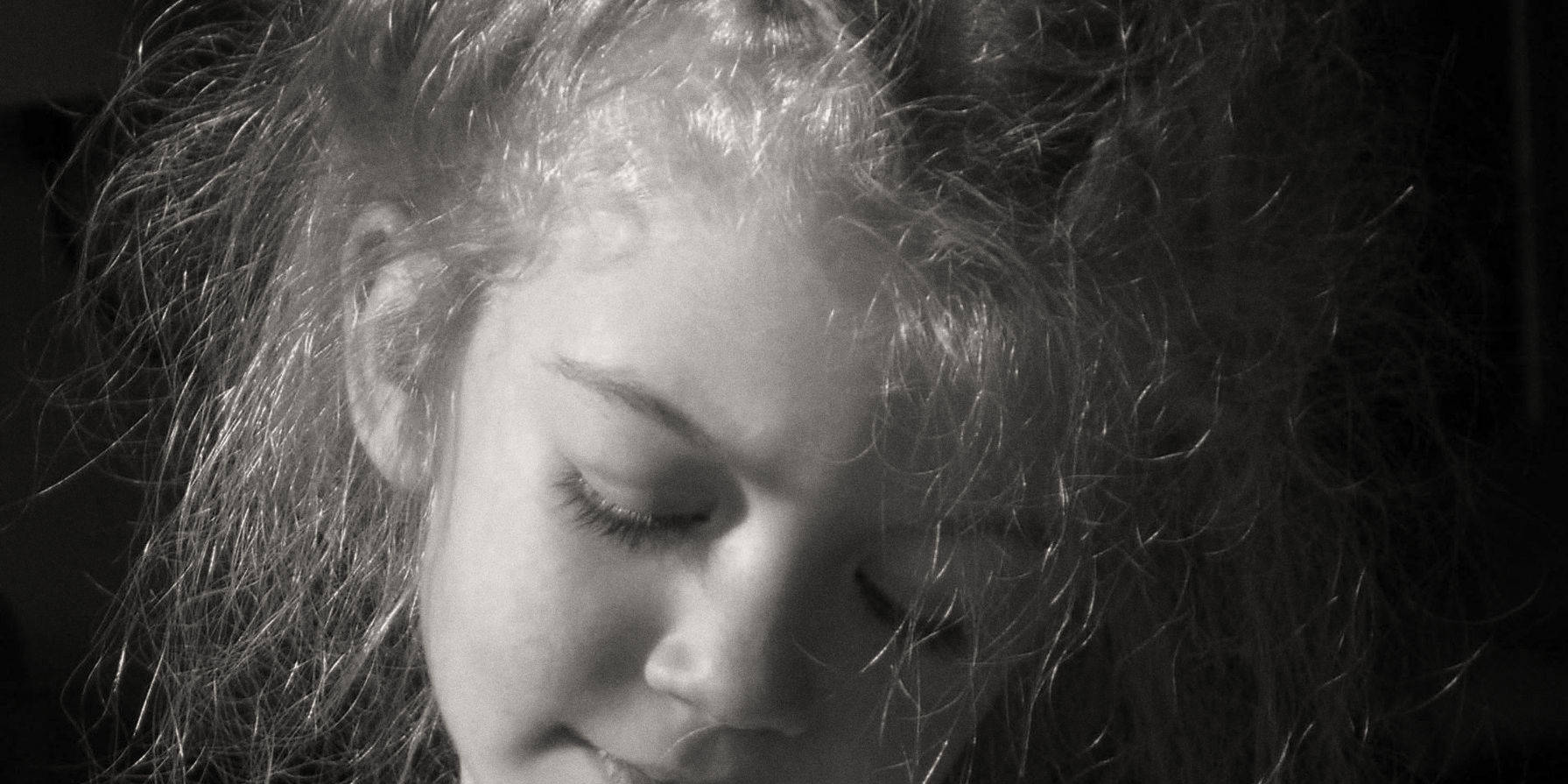When it comes to self-reflection
The ego often resists self-reflection because it feels like a threat to its sense of control and identity.
Self-reflection is basically the emotional equivalent of cleaning out your basement. You’ve been dreading it, procrastinating, and carrying the weight of it around with you – somewhere in your mind, or even in your body. It’s messy, time-consuming, and filled with things you’ve been avoiding for years. And yet, like any good clear-out, it’s absolutely necessary if you want to move forward.
The ego often resists self-reflection because it feels like a threat to its sense of control and identity. At its core, the ego is built to protect us, creating layers of stories, beliefs, and defenses to ensure we feel safe and secure in who we think we are. Self-reflection, though, calls those beliefs into question, often exposing contradictions or vulnerabilities that challenge the image we’ve constructed. For the ego, this feels like loss or even failure, because it equates change with danger.
Moreover, self-reflection requires stepping outside the comfort zone, where the ego feels most at ease. It involves taking a look at our flaws, shortcomings, and the unconscious drives behind our actions, which can be uncomfortable. The ego craves certainty and control, and self-reflection opens the door to uncertainty and the unknown. We might discover aspects of ourselves that don’t align with our ego’s narrative, and that’s where resistance kicks in.
The ego also associates self-reflection with potential criticism or judgment, often confusing self-awareness with self-blame. It’s bound to throw a fit the moment you scratch at the ‘perfect’ facade it’s been helping you maintain. It fears that by reflecting on our deeper selves, we might find that we aren’t as ‘good,’ ‘successful,’ or ‘worthy’ as we thought, further deepening resistance. Instead of embracing the growth that comes from self-reflection, the ego prefers to cling to familiar patterns, even if they limit us, because they offer a sense of safety to that carefully curated sense of identity and control.
Self-reflection requires stepping outside the comfort zone and taking a look at our flaws, shortcomings, and the unconscious drives behind our actions, which can be uncomfortable.
In many ways, self-reflection feels like a surrender, which the ego isn’t fond of, because its entire function is built around maintaining control and avoiding vulnerability.
Only, those unresolved issues you’ve been sweeping under the rug are festering in the darkness of your subconscious, and the longer you ignore them, the more powerful they become.
Here’s the thing: every day you put off that internal cleanup, you’re carrying those old mental burdens with you. There’s always that nagging feeling in the back of your mind, a constant undercurrent of subtle or not-so-subtle tension. All that energy you’re using to maintain the avoidance could be spent on something much more fulfilling. The longer you avoid it, the more stuck you feel.
All that energy you’re using to maintain the avoidance could be spent on something much more fulfilling
So why not start now? Like Marie Kondo for your soul, go through your emotional clutter. Organize what’s still useful and aligned with who you are, and clear out the rest. The greatest benefit is that once you’ve cleaned up all your “stuff,” you’ve taken a massive step toward liberation. You’ll feel lighter, more compassionate with yourself and others, and more open to real, intimate connections – with yourself, those around you, and the world as a whole.
And isn’t that what ultimately defines the quality of our lives?
You may also like
That summer feeling – A Playlist for the deeply accepting soul
As summer winds down, we can't help but reflect on the…
The dualistic split in childhood hurt we all had to endure
Can you identify the aspects of yourself that were accepted…
Can I get my hair wet? – part 2 – How we lose our subjective sense of self
We should think that we have a right to exercise our…




